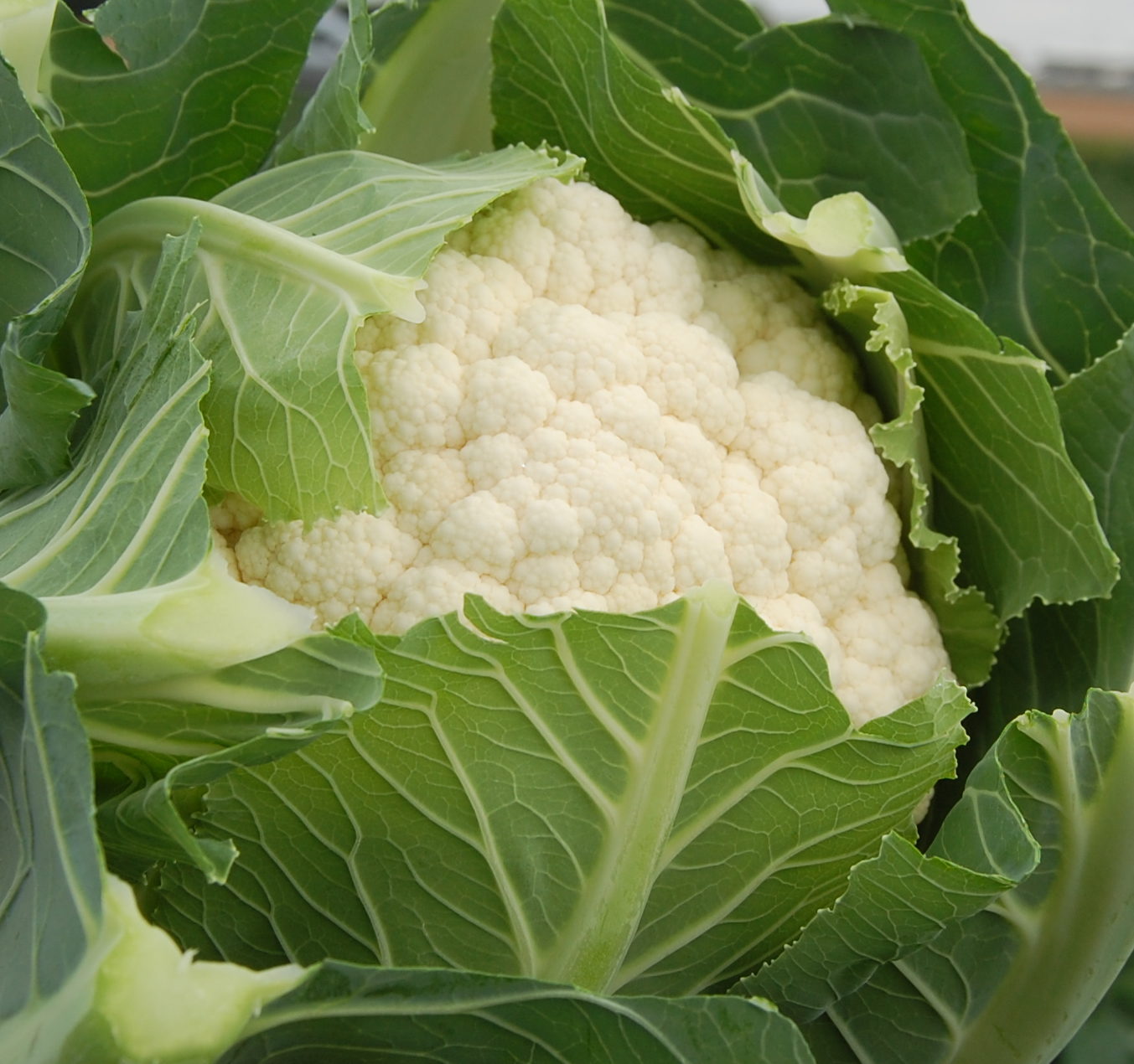Skip to content
Early winter, 150-170 day variety, maturing in mid-December to early January in Lincolnshire.
- Follows Cendis F1 with good vigour and tolerance to frost
- Produces well-covered, dense white curds
- Good resistance to ringspot
Table shows Cornwall (first row) followed by Lincolnshire (second row) harvest periods.
print
Legal terms
Attention: This information and any complementary/other verbal or written information that may be given on behalf of Hazera, present average results of specific trials; these are neither exhaustive nor necessarily accurate and may not be regarded as advice, guidance, recommendation, representation or warranty. Sowing times and growing areas are indicative only. Pictures are illustrative only. The sale & use of seeds are subject to the terms and conditions appearing collectively on seed packages and in catalogues and/or at: http://www.hazera.com/terms-and-limitatons. E&OE. © 2022 Hazera. All rights reserved.
For tomatoes:
* The varieties contain the resistant gene/s ” that known for now, however, resistant strains may exhibit some disease symptoms or damage under heavy pest pressure and/or under adverse environmental conditions. Soil temperature above 27°C and other stresses may cause nematode resistance to break.
** Please refer to the ISF definition of this term at http://www.worldseed.org/. A copy of the definitions for terms describing reactions of plants to pests for the Vegetable Seed Industry, can be obtained at our offices upon demand.
For all other crops:
* Resistant varieties may exhibit some disease symptoms or damage under heavy pest pressure and/or under adverse environmental conditions and/or in the face of new biotypes, pathotypes, races or strains of the pest that may emerge.
**please refer to the ISF definitions at http://www.worldseed.org. A copy of the definitions for terms describing reactions of plants to pests for the Vegetable Seed Industry, can be obtained at our offices upon demand.




